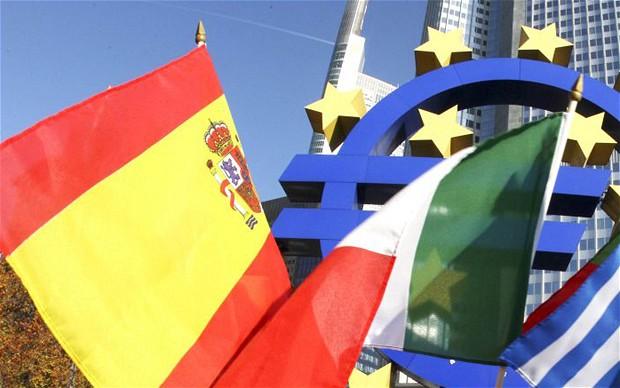Household Bills
EU referendum: voters in the dark over impact on household finances

Campaign groups on both sides of the EU referendum debate have failed to articulate the impact on personal finances to individuals and households ahead of the vote on 23 June.
A poll of more than 6,000 UK adults by comparethemarket.com found 73 per cent believe that neither side has “communicated effectively the financial benefits to households in their arguments”.
The comparison site asked more than 6,000 people what the highest consideration would be when deciding how to vote if people were told that holidays, energy and insurance would be more expensive in the event of a “Brexit.” The personal financial impact ranked as the highest consideration when deciding how to vote, ahead of jobs and immigration.
Nearly six in ten people polled said they believed their household bills would be impacted in the event of the UK leaving the EU and groceries, petrol and diesel, and energy were the top three cited.
At least one in five also think mobile phone bills, water and car insurance costs would be impacted.
However, when asked to what extent they would be financially better off if Britain was in or out of the EU, 40% said they would be financially better in, while 30% said out.
Consumers were asked specifically about energy, insurance and travel costs in the scenario of bills going up if the UK voted to leave the EU and while the majority said it wouldn’t affect their decision, there was a significant minority whose voting decision would be impacted by being told costs would rise.
The cost and supply of energy is a particular concern to the public.
In a hypothetical scenario that energy bills would rise in the event of a “Brexit”, 43% would be “more likely” to vote to stay in the EU, while 40% would be “worried” about the supply of Britain’s energy.
Nearly a third of those polled said they would be more likely to vote to stay if they were told their insurance premiums would go up and a further 30% would be “more likely” to vote to remain in the EU if they would told that holidays in Europe would become more expensive.
Key battleground
Simon McCulloch, director at comparethemarket.com, said: “Our research reveals just how much people could be swayed by either campaign group if they are able to communicate effectively how the outcome will benefit or harm household finances.
“In particular, the impact on the cost of holidays, energy and insurance seems to be a major consideration. The significant proportion of people who said that they would be more likely to vote to stay in the EU if they were told that energy bills would go up speaks to the power of the ‘soaring energy bills’ narrative in the national psyche. This could be a key battleground for influencing public opinion. Whilst there has been a little debate around the cost of energy, we think this may heat up in the run up to the referendum.”